I Was Right
I was right
I am not trying to ruffle any feathers, but I have to say this before Season 2 comes out, so I can act smug when I’m right. Here is my number one prediction for Good Omens Season 2:
There won’t be a voice-over.
Now hang on. I know it’s a controversial opinion. Let me explain.
I have noticed that virtually every adaptation of Terry Pratchett’s books has some sort of voice over, either diagetic (like Going Postal, where it’s part of the framing device) or non-diagetic (Hogfather). And I get it ! If you’ve read any of the Discworld book and have this weird brain quirk where a part of you is always thinking about how this would translate on screen, you’ve probably noticed two things:
1. There’s visual humour in text form. How ? This man was a genius and a will be missed forever.
2. There’s so much that just can’t be translated on a purely visual level. The footnotes! Should we just leave the footnotes out ? They’re so great! They add so much to the world in general. There are running jokes that only appear in the footnotes ! Should we just accept that it won’t make it to screen ?
Yes. I’m sorry, but yes. Some things will be lost. Maybe you can integrate one of these jokes as recurring background events ? A lot of people are not going to notice though. There’s an expectation that the reader will read all of the words, while the viewer may not see all that’s happening on screen (although, to be fair, you will be noticing new puns on every re-read for years in the case of the Discworld).
(In comparison, adaptation of Neil Gaiman’s work are less prone to voice over. If I remember correctly, Coraline didn’t have one. Sandman starts with a bit of voice-over from the main character, but nothing more after that. I don’t remember any in American Gods. MirrorMask has left me nothing but the memory of a fever dream, so I can’t be sure. )
This is not to say that the voice-over in season one was pointless. It establishes the tone, to start with. If you remember, the opening narration is about the age of the Earth, in which we learn that it was created on the 21st of October, 4004 B.C., and therefore learn its star sign. It’s a good way to show that yes, there are angels in this, and demons, and the garden of Eden, and if you want to think too hard about this, they’ve got you covered. But if you think that these depictions are either blasphemous or religious propaganda, it might be a good time to learn to take a step back (and a joke, in my personal opinion).
But there are definitely instances of narration that would never have happened if season 1 wasn’t a book adaptation. I am thoroughly convinced that Dog’s experimentation with chasing and being chased by cats would have been screen only. Maybe a scene. Maybe something happening in he background. Who knows.
And here’s the thing. Season 2 isn’t the adaptation of a novel. I remember a tweet by Neil Gaiman about how he and Pratchett had a sequel plotted out, but even that isn’t season 2. According to the same, tweet, Season 2 is how we get there.
My number 2 prediction is that there will be a an intense heist scene during which Sadie and Dottie both try to steal some incriminating letters unbeknownst to each other.
More Posts from Earhartsplane and Others
Describing Terry Pratchett’s books is difficult. Someone asked me what the book I was reading was about, and I had to tell them it was about banking and the gold standard, but like in a cool way with golems and action.
I don’t think they believed me.
I am happy to have discovered this wonderful addition:

From 24x36
I am happy to inform the public that there is a dataset of hair salons with puns in their name. It's all in French, but I can only applaud the effort and I hope that one day, similar work will be done for coffee shops, if only to simplify the work of authors wanting to check whether or not something is taken.

Names include such gems as Faudra Tiff Hair, United Hair Lines, Lucif'hair, No Peigne No Gain, and my personal favorite, Queer Chevelu.

burning some leitners, as a treat <3 ( tma art tag )
there is a wasp’s nest in my attic

Regarding the minisodes, I don't think the point was to show us that they trust each other implicitly. It's something I've been thinking about, so excuse the long reply.
The flashbacks in season 1, IMO, had 2 purposes:
Showing us how their relationship came to be as it is in present day. How they met, how they started getting along, how the Agreement came to be, fall out and reconciliation that they had over the centuries, etc.
Setting up the Holy Water ( if I remember the book correctly, it only shows up for the scene in Crowley's apartment, he didn't get it from Aziraphale and since the body swap is TV only, it never comes up again)
Your mileage may vary, but I think that this season's minisodes were only partially about their relationship (because everything is at least a bit about their relationship), they were more about Aziraphale. Specifically, Aziraphale's moral struggles.
A companion to Owls (the Job Minisode) shows us Aziraphale lying to the Heavenly Host to protect humans, and being very miserable about it (as a side note, I was screaming "Dude, you lied to GOD in the garden of Eden" during my first viewing, but on careful re-watch, his "I must have put the sword down somewhere" can still fall under the "technically true if extremely misleading" category, which apparently doesn't count for him).
In the Resurrectionists, Aziraphale spents most of his time encountering consequentialism for the first time, and trying to reconcile it with a deontological philosophy. Is defiling tombs a Wrong thing to do, if it leads to Good? I might be thinking to much about it, but it's interesting to see that after some reluctance, Aziraphale has a pretty standard reaction to encountering Consequentialism : it's great! It solves so many problems! And then runs smack down into 2 classic counter-arguments to Consequentialism: 1. you cannot actually know what the consequences to your actions are going to be (i.e., Wee Morag dying). 2. Consequentialism implies that the subject should be impartial as to who benefits and who suffers, as long as the overall Good outweighs the bad. But as Crowley points out, "It's different when you know them, isn't it?"
The moral argument in Nazi Zombie Flesheaters is at the very end. Aziraphale says that Crowley helping him means that he's not as bad as he says. Crowley replies that Heaven sees thing in black and white and sometimes, you have to blur the edges. They toast to shades of grey. Very very light/dark grey. And that's basically the moral position of Aziraphale as we know him in the present day: willing to make some concessions. But it's a compromise, and it's more about Crowley being good than, for instance, Heaven being bad.
The minisodes do other things, of course. A Companion to Owls reminds us of how awful Gabriel was, the Resurrectionists makes a link to the pub and explains why Crowley asks for the Holey Water, the Nazi Zombie Flesheaters shows us the trust (and I'll bet money that we haven't seen the last of these zombies). But I think they do work as foreshadowing for Aziraphale being overjoyed at the idea of being friend with Crowley without the moral complications.
(The discussion in the other reblogs was great, but I wanted to answer some points in this post specifically)
Can someone who actually liked the ending of s2 please explain to me why?

Hello French folks living in the 7th district abroad*, here are your Nouveau Front populaire candidates!! Head on over to this brand-new website to meet them, check out their platform, get updates on events and more!
And remember -- if you are able to, VOTE on June 30 & July 7!!
online, if your email address and phone number were up to date by June 16
in person at your local polling station
by proxy (vote par procuration)
Spread the word!!
*Albania, Austria, Bosnia and Herzegovina, Bulgaria, Croatia, the Czech Republic, Germany, Hungary, Kosovo, Macedonia, Montenegro, Poland, Romania, Serbia, Slovenia and Slovakia




Ma modeste contribution en ce funeste mois
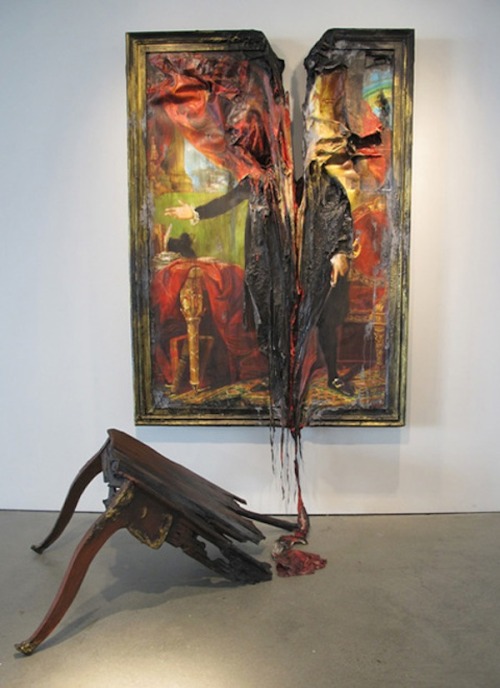
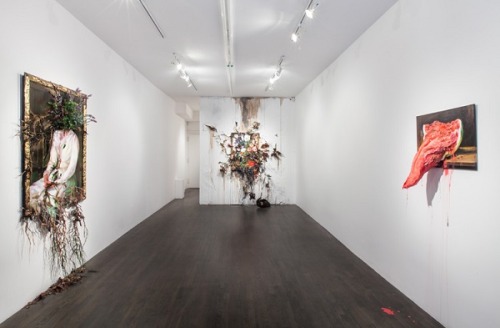
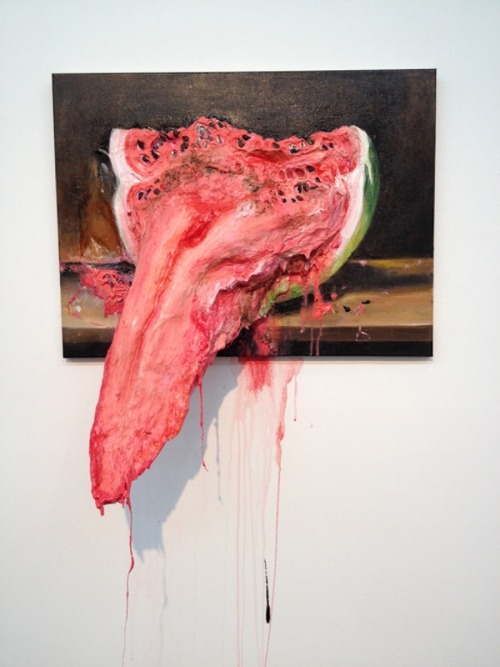
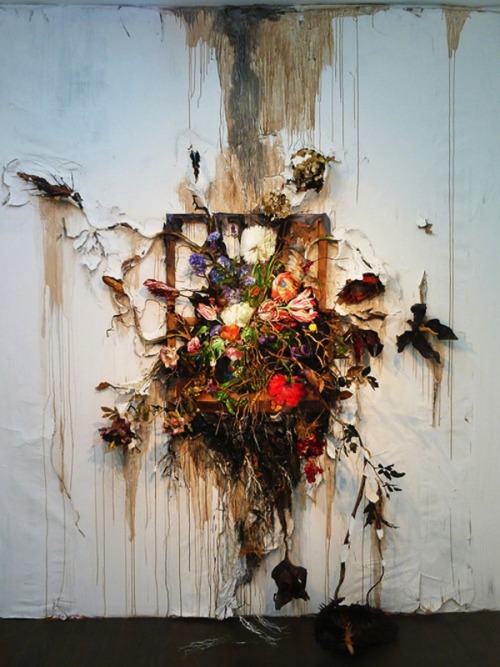
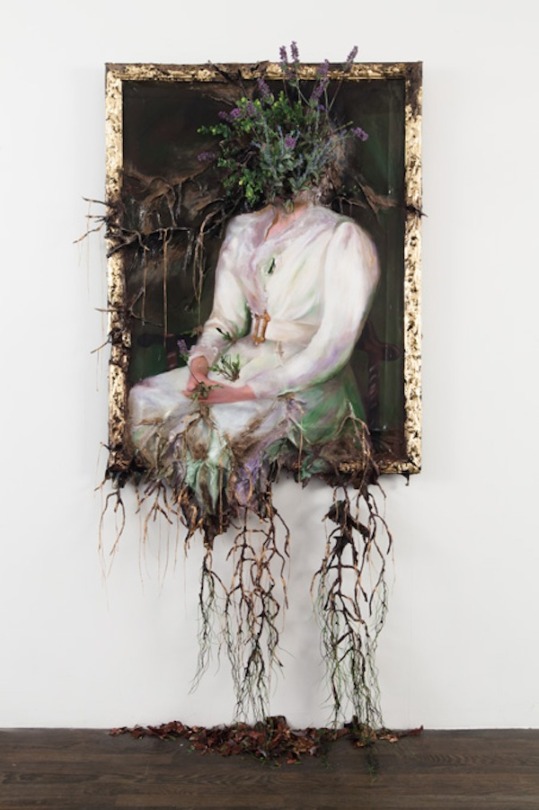
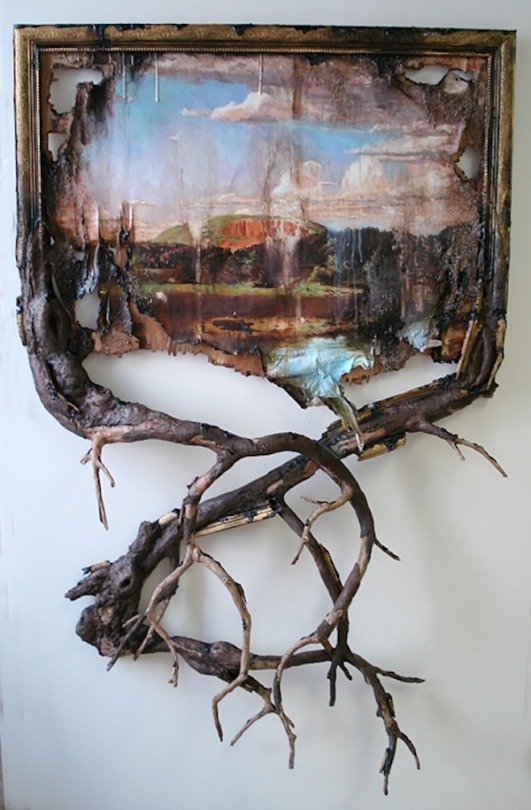
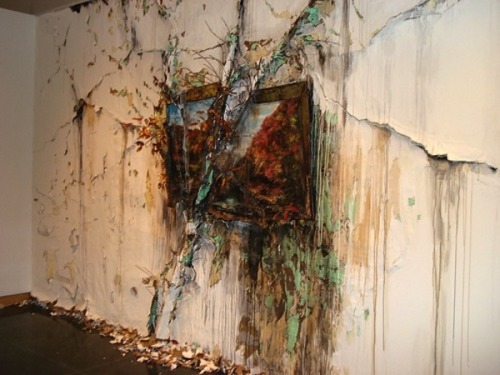
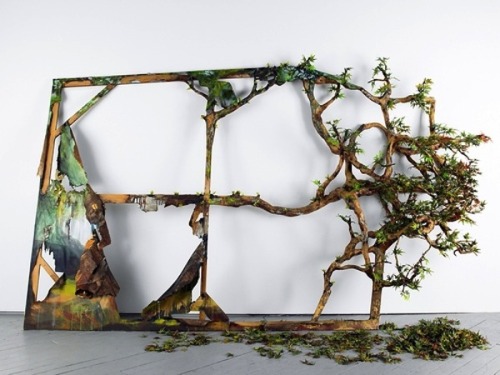
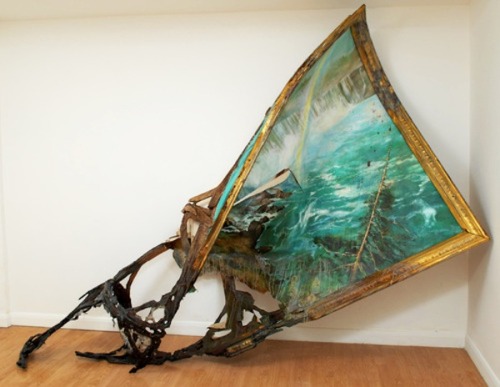
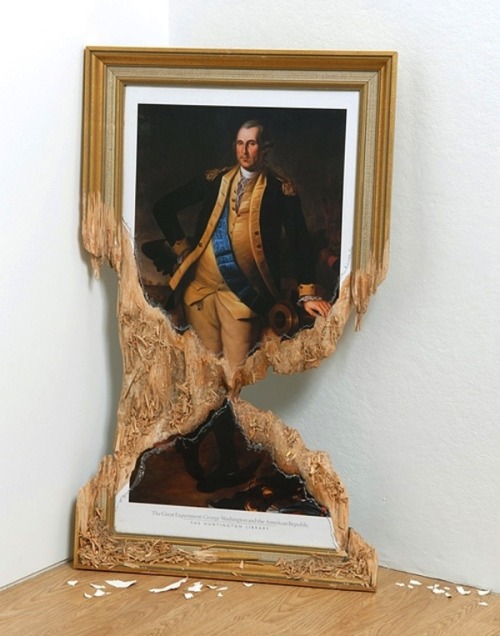
-
 chaoticgayomens liked this · 1 year ago
chaoticgayomens liked this · 1 year ago -
 scandigothrockchick liked this · 1 year ago
scandigothrockchick liked this · 1 year ago -
 novasillies liked this · 1 year ago
novasillies liked this · 1 year ago -
 sunflower118 liked this · 1 year ago
sunflower118 liked this · 1 year ago -
 uh-oh-howd-i-get-here liked this · 1 year ago
uh-oh-howd-i-get-here liked this · 1 year ago -
 totallynot24601 liked this · 1 year ago
totallynot24601 liked this · 1 year ago -
 obsidianphotog liked this · 1 year ago
obsidianphotog liked this · 1 year ago -
 inahc3 liked this · 1 year ago
inahc3 liked this · 1 year ago -
 2nebula liked this · 1 year ago
2nebula liked this · 1 year ago -
 ivory--raven liked this · 1 year ago
ivory--raven liked this · 1 year ago -
 dream-in-a-jar liked this · 1 year ago
dream-in-a-jar liked this · 1 year ago -
 0owhatsamsays reblogged this · 1 year ago
0owhatsamsays reblogged this · 1 year ago -
 earhartsplane liked this · 1 year ago
earhartsplane liked this · 1 year ago -
 littleblackraincloudofcourse liked this · 1 year ago
littleblackraincloudofcourse liked this · 1 year ago -
 sarostheghostcat reblogged this · 1 year ago
sarostheghostcat reblogged this · 1 year ago -
 ineffable-mess liked this · 1 year ago
ineffable-mess liked this · 1 year ago -
 queermarzipan reblogged this · 1 year ago
queermarzipan reblogged this · 1 year ago -
 toxictimemachine liked this · 1 year ago
toxictimemachine liked this · 1 year ago -
 fdskogjifd reblogged this · 1 year ago
fdskogjifd reblogged this · 1 year ago -
 heytherebuddychumpal liked this · 1 year ago
heytherebuddychumpal liked this · 1 year ago -
 chibai06 liked this · 1 year ago
chibai06 liked this · 1 year ago -
 xadeone liked this · 1 year ago
xadeone liked this · 1 year ago -
 secretlyhuntokar liked this · 1 year ago
secretlyhuntokar liked this · 1 year ago -
 bluegreeninbtwn liked this · 1 year ago
bluegreeninbtwn liked this · 1 year ago -
 craftyslimemugbanana liked this · 1 year ago
craftyslimemugbanana liked this · 1 year ago -
 yourlocalwhovian liked this · 1 year ago
yourlocalwhovian liked this · 1 year ago -
 santacoppelia liked this · 1 year ago
santacoppelia liked this · 1 year ago -
 flameyhawk reblogged this · 1 year ago
flameyhawk reblogged this · 1 year ago -
 emmatxd liked this · 1 year ago
emmatxd liked this · 1 year ago -
 flowerpetal20 liked this · 1 year ago
flowerpetal20 liked this · 1 year ago -
 niaryn liked this · 1 year ago
niaryn liked this · 1 year ago -
 joyfulhottubfuntik liked this · 1 year ago
joyfulhottubfuntik liked this · 1 year ago -
 boba-dragon liked this · 1 year ago
boba-dragon liked this · 1 year ago -
 wwaf liked this · 1 year ago
wwaf liked this · 1 year ago -
 ice-cream--assassin liked this · 1 year ago
ice-cream--assassin liked this · 1 year ago -
 my-dress-is-on-fire reblogged this · 1 year ago
my-dress-is-on-fire reblogged this · 1 year ago -
 sadtrash-masculine liked this · 1 year ago
sadtrash-masculine liked this · 1 year ago -
 charbon69 liked this · 1 year ago
charbon69 liked this · 1 year ago -
 losingmymerbles liked this · 1 year ago
losingmymerbles liked this · 1 year ago -
 gaytragicthing liked this · 1 year ago
gaytragicthing liked this · 1 year ago -
 somber-starz liked this · 1 year ago
somber-starz liked this · 1 year ago -
 sicaurigus liked this · 1 year ago
sicaurigus liked this · 1 year ago -
 validatemylife liked this · 1 year ago
validatemylife liked this · 1 year ago -
 earhartsplane reblogged this · 1 year ago
earhartsplane reblogged this · 1 year ago -
 sketchysunglasses liked this · 1 year ago
sketchysunglasses liked this · 1 year ago -
 cloud-based-and-rainpilled reblogged this · 1 year ago
cloud-based-and-rainpilled reblogged this · 1 year ago -
 cloud-based-and-rainpilled liked this · 1 year ago
cloud-based-and-rainpilled liked this · 1 year ago -
 cawareyoudoin liked this · 1 year ago
cawareyoudoin liked this · 1 year ago -
 whiskey-0325 liked this · 1 year ago
whiskey-0325 liked this · 1 year ago

